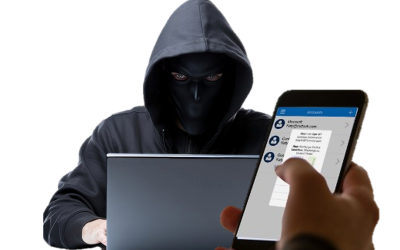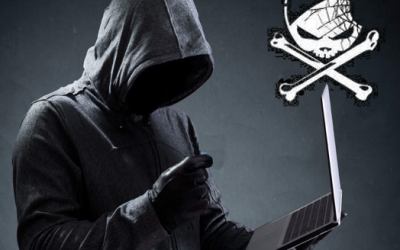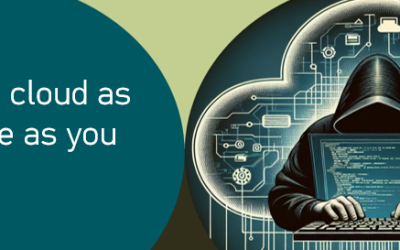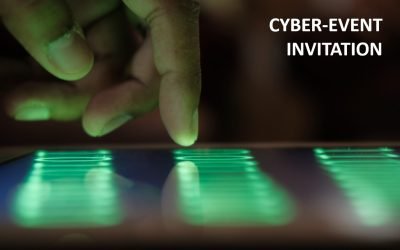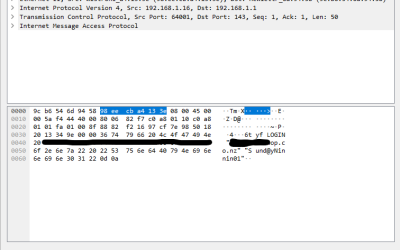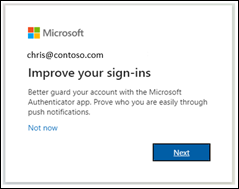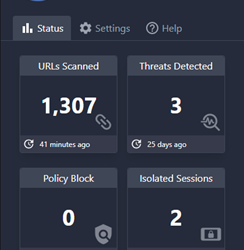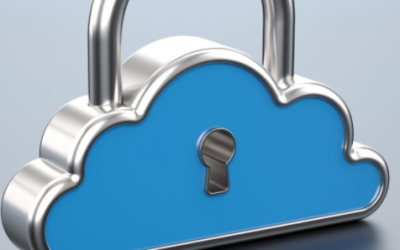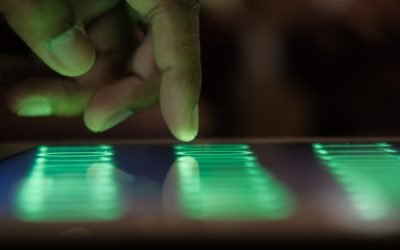People are the weakest link
This sounds like a nightmare too impossible to happen. US soldiers putting sensitive information online in non-secure third party websites. It defies belief, yet we’re reading that it happened. The story popped up on ‘Gizmodo’
It is alleged that US Soldiers were saving sensitive information on a couple of common flashcard sites, presumably of things they were trying to memorise and learn. Even worse, their settings were on ‘public’ not ‘private’
It’s a classic warning about the risk of people, however well intentioned, saving critical data online in places the organisation is unaware of, and can’t control. That’s why our new KARE for Security S2 plan helps identify use of these sites in your organisation.
US Soldiers Accidentally Leaked Nuclear Weapons Secrets: Report (gizmodo.com)

Shadow IT
Shadow IT is one of the largest threats to data privacy in organisations today.
It’s not necessarily because these sites are going to be hacked, although that’s always possible, but just because if you don’t know the tools are in use, then there is no way that you can manage them!
The first step to maintaining this data is to identify it! That’s why you need new tools that are cloud focused. If you’re still using the same old security tools that you used to use prior to the cloud, then you are not keeping up and we need to talk!
Is MFA enough? – the need for multiple cyber security layers.
At Kinetics, we've always emphasized the importance of multi-factor authentication (MFA) as a critical layer in cybersecurity. Without MFA, it's only a matter of time before you fall victim to a cyber attack. However, as we've also mentioned, no single defense is...
Securing your Mac
It does not seem that long ago I would hear Mac users say “I don’t need Anti-Virus”, or "Mac’s are not affected". To a certain extent they were right. Apple's use of tightly controlled application approvals reduced the surface area for attack. Mac users did not enjoy...
How secure is your cloud IT? Is it as safe as you expect?
Your cloud computing can be safe and secure, or open and vulnerable - the choice is yours. With the rise of hacker activity and cybercrime, it’s essential to lock down your cloud and protect it from threats. For most businesses, the standard 365 settings aren't...
What would you do Canterbury? Incident Response Workshop
Mastering Cybersecurity What would you do? Table-top exercise Join us for an interactive table-top simulation exercise. Imagine - you are busy going about your day when suddenly your meeting is interrupted. "No one can access their files" or "We just accidently paid...
Are your legacy IT systems giving hackers a backdoor into your business?
One of our engineers was working on migrating a customer from a legacy email server into Office 365 after we discovered they were under a brute force external attack. The migration required that we receive the users passwords. These would, of course, be reset after...
Service Alert
We're experiencing an extra heavy call volume today and it's proving challenging to respond as quickly as normal. It's been brought on by an apparent Microsoft change resulting in unexpected Windows 11 upgrades. These are happening to a number of devices even if...
Breaking news: New protections added to Kinetics KARE Foundation
We have big news for Kinetics customers on our “KARE Foundation” cyber plan. We've added new Browser Cyber-Protection We’ve found an amazing new security tool called ‘Conceal' that provides even more added protection. Cyber-security is all about layers and this one...
Penetration Testing
Penetration testing is important for businesses because it helps them identify and fix security vulnerabilities before they can be exploited by attackers. It can be a significant job as it needs a team of security professionals to simulate a real-world cyberattack....
What would you do?
Imagine – you are busily going about your day when suddenly your meeting is interrupted. “No one can access their files!!!” or “We just accidently paid $50,000 to a fraudulent account and we can’t get it reversed!!!” or something similar. What would you do? Where...
Security Updates
We need to make some security changes. These are in accordance with the continued work by Microsoft to protect 365 users. This will keep your configuration current with their latest advisories but may have some (limited) impact on your IT experience. It is all about...

